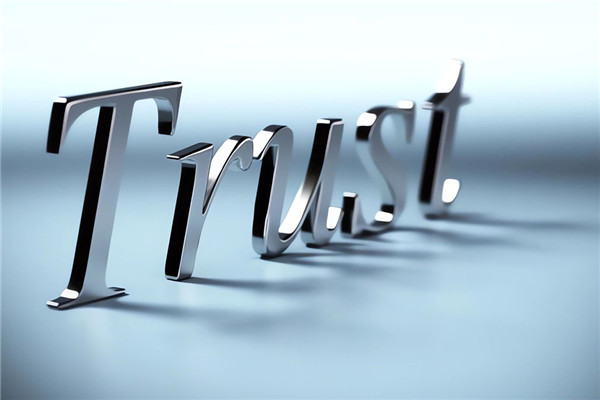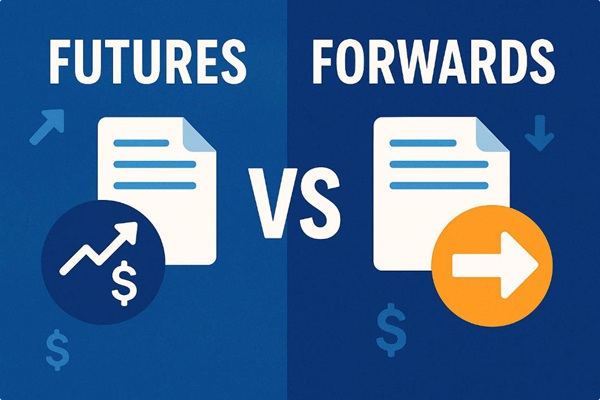Trust is one of the most common investment and wealth management methods in
the billionaire community, with astonishing magic. Taking Murdoch and Bill Gates
as examples, they both successfully transferred their assets to trusts for
inheritance to their children without significant impact. But for most people,
trust still seems to be a mysterious concept, always considered a means of tax
avoidance and money laundering. This article will take you deeper into the
flexibility and privacy protection of trusts and unravel the mysteries behind
them.

The origin of trusts can be traced back to a story in history. During the
Crusade, the soldiers faced an uncertain danger of life and death on the
battlefield. So before going on an expedition, they usually entrust others to
take care of their children, property, wives, children, etc. However, some
soldiers return to find that the entrusted person has actually taken over their
wives and property. This raises the most fundamental issue of trust between
people, ultimately leading to legal intervention. This is the origin of trust:
trust, believing in words, and being entrusted by others. The core of a trust
consists of three key roles: the principal, trustee, and beneficiary, who
together establish a game rule. The principal needs to entrust the property to
the trustee for safekeeping for some reason, and the final income will be
distributed to the beneficiaries, and the trust is generally irrevocable.
One of the widespread applications of trusts is heritage management. For
example, Anita Mui, a Hong Kong singer, decided to leave her inheritance to her
mother after being diagnosed with cancer. However, her mother was a gambling
fan, so Anita Mui established a trust. As the principal, she stipulated to pay
her mother a monthly living allowance of HKD 70000, which not only ensured her
mother's livelihood but also prevented her property from being squandered. For
wealthy individuals, distributing property directly to their children or
relatives may not necessarily be the best choice, as they may lack the ability
to manage these assets. The irrevocable nature of trusts makes them an ideal
choice, as they ensure the long-term preservation of assets.
Another common application area is marital property protection. The example
of Murdoch is a stark case in point. He is a billionaire who once had four
wives, and in one divorce, his ex-wife received $1.7 billion. In order to
protect the family's wealth, he established a trust beneficiary, namely his
children. The flexibility of the trust allows him to designate the children of
his first two wives and the children of Wendi Deng as different types of
beneficiaries, thereby retaining control over assets such as News Corporation.
This example indicates that trusts can help maintain the integrity of property,
especially in divorce situations.
Liu Qiangdong also took similar measures. He urgently convened a board
meeting before marriage and decided on two key terms. He limited his salary to
only $1 per year for the next ten years, excluding bonuses, and then established
a trust where he had control. The trust allows him to decide on the use of trust
assets, protecting his property from the impact of divorce. This demonstrates
the enormous potential of trusts, especially in terms of marital property.
Another important application area is the isolation of property and financial
security. For example, if you have accumulated a certain amount of wealth but
want to take risks and start a business but are worried that failure will bring
debt problems, trusts can play an important role. You can place your property in
a trust and list family members as beneficiaries, so that even if your business
fails, you can still withdraw funds from the trust without affecting the
family's life.
Trusts are also widely used for tax planning. Many countries, including the
United States, impose high gift and inheritance taxes. By placing property in a
trust, beneficiaries can withdraw funds from the trust on a daily basis, similar
to receiving wages, thereby reducing tax rates. Trump is a classic case in this
area, where he used trusts to significantly reduce the burden of inheritance
tax.
Finally, trusts can also be used to protect privacy. For example, in some
countries, purchasing information is publicly accessible. But some people may
want to protect this information to ensure its privacy. They can purchase assets
in the name of the trust through the trust, so that their personal information
will not be publicly displayed. Due to the flexibility and privacy protection of
the trust, celebrities and wealthy individuals like to use it.
So is trust expensive or not? Establishing a trust does require hiring
lawyers to prepare a large amount of legal documents, which may be relatively
expensive. In the United States, the cost of establishing a trust typically
ranges from $1000 to $3000. The more important cost is the management of the
trust, which requires the trust company as the trustee. They will customize the
trust according to your needs and execute it through daily management.
Management fees vary depending on the size and complexity of the trust,
typically a certain proportion of the asset size. Generally speaking, when your
current assets reach over $1 million, you can consider establishing a trust,
especially if you have a need for property protection and wealth
inheritance.
The flexibility and privacy protection of trusts can help achieve goals that
were previously unattainable by other financial products. Although most people
may not immediately use trusts, understanding their principles and potential
functions is still beneficial. Trusts provide a new way for financial management
that can meet the different needs of different groups of people. Information
about trusts is usually confidential, so when hearing news related to trusts,
please be cautious and judge the credibility of the information with
caution.
Disclaimer: This material is for general information purposes only and is not intended as (and should not be considered to be) financial, investment or other advice on which reliance should be placed. No opinion given in the material constitutes a recommendation by EBC or the author that any particular investment, security, transaction or investment strategy is suitable for any specific person.



























